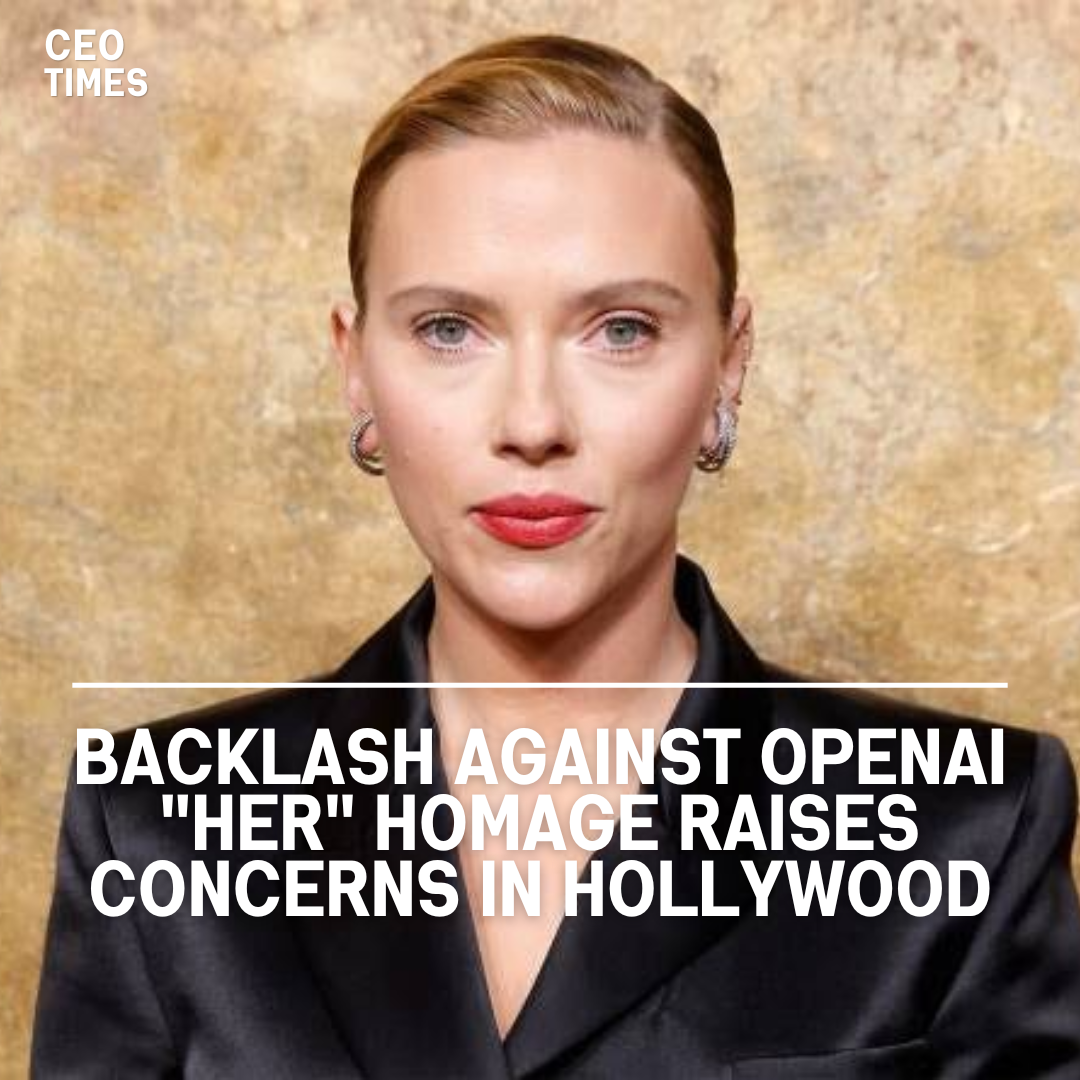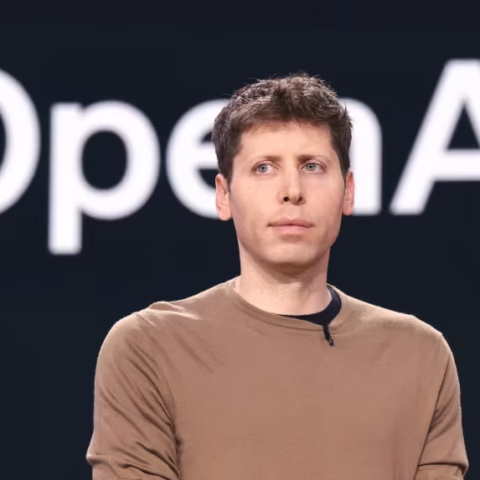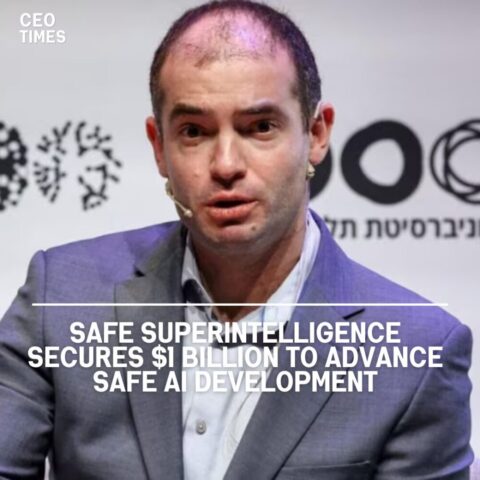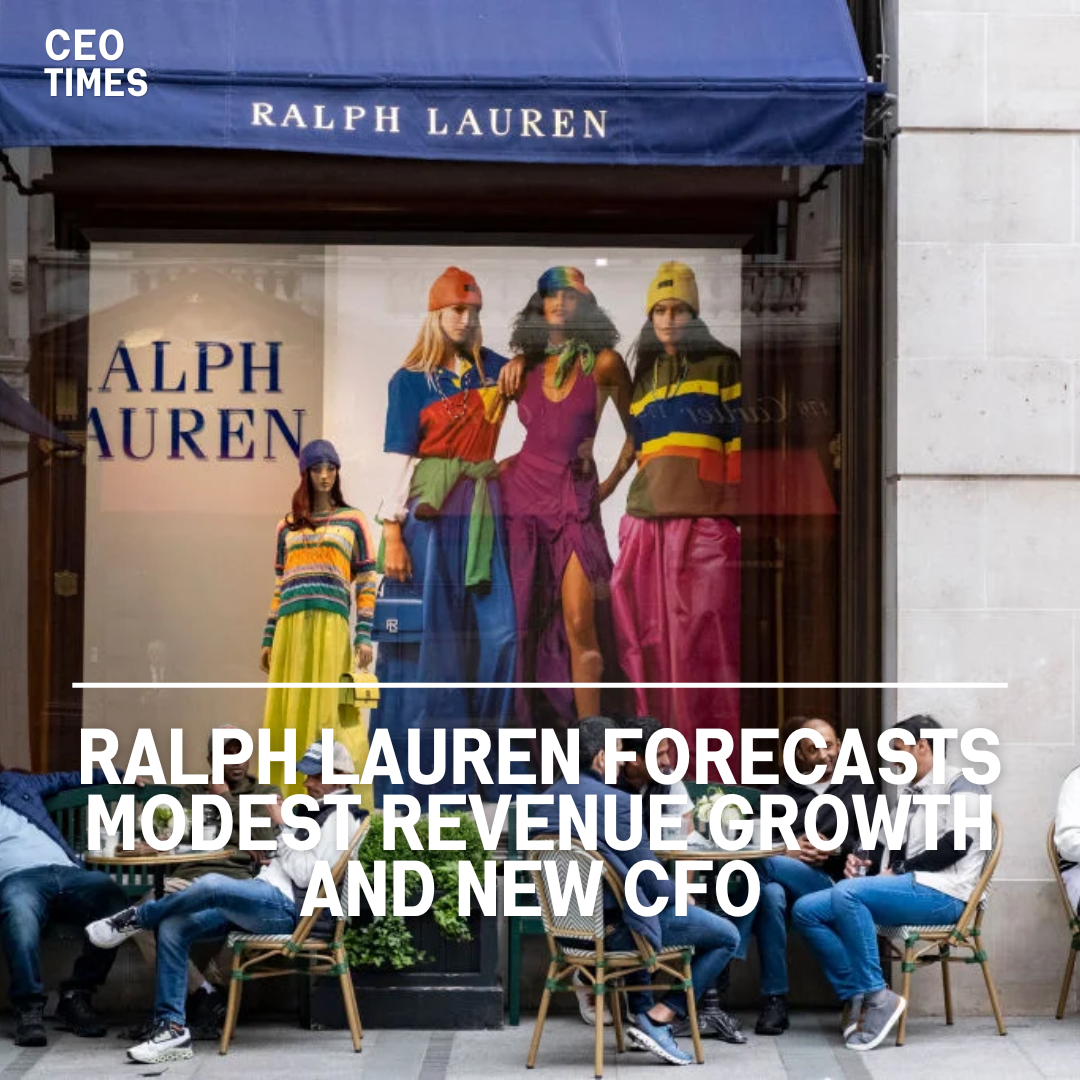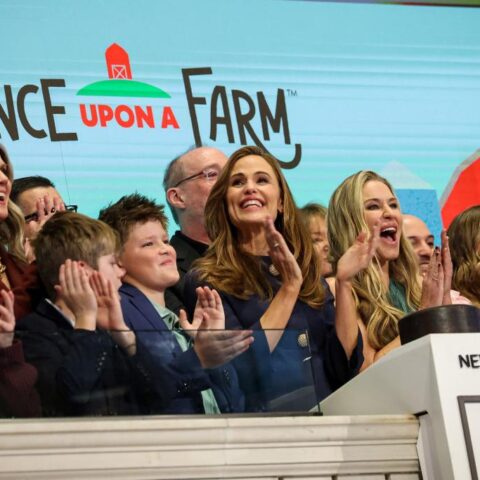OpenAI’s apparent homage to the movie “Her” featuring the voice likeness of Scarlett Johansson is fueling a backlash against artificial intelligence across Hollywood, executives told Reuters.
Scarlett Johansson’s Accusations:
Johansson’s accusation that the ChatGPT-maker copied her performance in the Spike Jonze-directed feature film after failing to strike an agreement rekindled the creative class’s anxiety about the existential threat posed by AI, even as Hollywood studios test new tools and mull alliances with OpenAI.
“This seemed to strike a real chord,” said one industry executive. “It kind of puts a human face on it … There’s a well-known tech company that did something to a person we know.”
OpenAI Technological Advances:
OpenAI stunned the world in February with feature film-like quality videos generated by its text-to-video tool, Sora. Since then, Hollywood executives and agents have met the company multiple times to discuss potential creative partnerships and applications of the technology, according to agents and industry executives.
Johansson’s blasting of OpenAI for using a sultry voice she called “eerily similar” to her performance in its public demonstrations of the newest version of ChatGPT is antagonizing some entertainment executives amid discussions to work more closely on projects, people with direct knowledge told Reuters.
Concerns from Studios:
“It sure doesn’t set up a respectful collaboration between content creators and tech giants,” said one studio executive, calling OpenAI’s actions “hubris.”
OpenAI CEO Sam Altman said in a statement Monday that the voice “is not Scarlett Johansson’s, and it was never intended to resemble hers. We cast the voice actor behind Sky’s voice before any outreach to Ms. Johansson.”
Relationship with Hollywood:
The company, whose largest investor is Microsoft, did not reply to requests for comment on its relationship with Hollywood after the dispute.
Even before the latest conflict, agents and executives who spoke with Reuters on condition of anonymity have said for weeks they are concerned that OpenAI’s models appear to have been trained on copyrighted works, which the tech company deemed as fair use because they are publicly available on the internet.
Some professional directors and filmmakers see this as a major obstacle, as they may be reluctant to use a tool built without consent on others’ work.
Potential Applications and Concerns:
But entertainment industry technologists view Sora as a promising potential tool to augment the film and TV-making process. They see near-term applications for the technology to accelerate the pace of digital effects.
Fox already uses OpenAI’s ChatGPT to recommend new TV shows and movies for viewers of its Tubi streaming service.
Although OpenAI has said it aims to protect copyrights—blocking the ability to generate videos featuring known characters like Superman or prominent actors like Jennifer Aniston—there remain concerns about how it will safeguard lesser-known performers.









